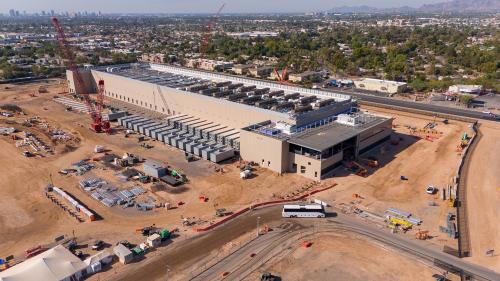It seems that for the average American, broadband has become a basic requirement in the 21st century. According to a 2013 report from the Pew Internet Project, 70% of Americans have broadband in their home. But can it be classified as a public utility? This question was raised at a recent Pew Charitable Trust event in partnership with the Senate Economic Mobility. There were many topics discussed, including how best to provide broadband access in rural areas and whether broadband ought to be classified as utility. Such a change would significantly alter the way that broadband can be regulated by the FCC.
In late May, Rep. Bob Latta (R-OH) introduced a bill (H.R. 4752) that would prevent the FCC from designating broadband as a public utility, by amending the Communications Act of 1934. Those in favor of classifying broadband as a utility argue that a deregulated market could harm the openness of the Internet, especially if telecommunication companies are allowed to charge premiums on the delivery of specific content. However, those who contend against broadband as a public utility emphasize the potentially negative effects increased regulation could have on innovation and investment in broadband technologies.
Two decades ago, broadband service was a high-tech luxury while most Americans were using slow, dial-up services. Now almost two-thirds of the population used broadband to connect to the Internet. There are many stakeholders in the debate over how to regulate broadband: federal agencies, Congress, telecommunication companies, and the consumer. Whatever decision is made on the classification on broadband will have resounding effects throughout the private and public sector, and will greatly affect the use and development of broadband service in the future.
Kevin Risser contributed to this post.
The Brookings Institution is committed to quality, independence, and impact.
We are supported by a diverse array of funders. In line with our values and policies, each Brookings publication represents the sole views of its author(s).



Commentary
How To Regulate the Internet
June 11, 2014